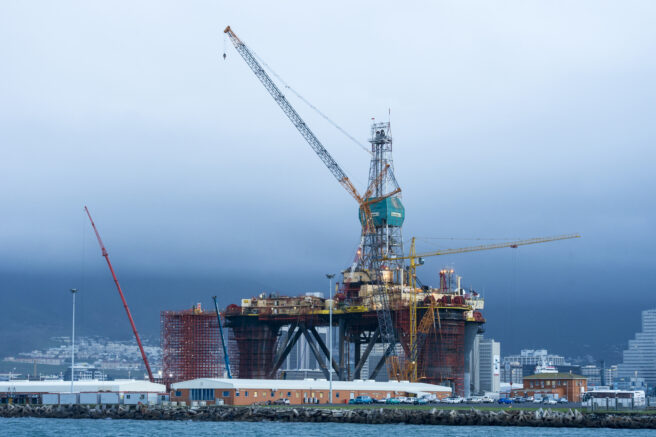We have campaigned for the company to divest from tar sand production in Canada, to improve its climate reporting and to implement better measures to protect vulnerable nature in their operations.
Equinor is the biggest company in Norway and its majority shareholder is the Norwegian government (67%). The actions of Equinor, has thus also a major impact on Norway’s reputation abroad. During the last couple of years WWF-Norway has been contacted by several environmental NGOs who are concerned about Equinor’s expansion plans in their countries.
We see a growing resistance against Equinor’s international projects like the Rosebank field in UK, Bay du Nord in Canada, the Bacalhau projects in Brazil as well as shale gas extraction in Vaca Muerta and frontier exploratioan in Mar del Plata in Argentina. Last year in Norway, environmental groups mobilized against the Wisting field in the Arctic and successfully the investment decisions for the project has been postponed until 2026. We hope that this means that the project will never be implemented.
The reason we keep challenging Equinor is not because they are the worst oil and gas company in the industry. On the contrary, Equinor has on many occasions shown their willingness to listen and change its actions due to the involvement from civil society. Given that the company is majority owned by the Norwegian public, we see it as our role to influence it to operate in a way that doesn’t harm the nature or the climate.
This is why we, together with Greenpeace, have submitted a proposal to the Equinor Annual General Meeting (AGM) where we ask the company to reduce the emissions from its value chain in line with the 1.5 °C target. We urge Equinor to intensify its investment in renewables instead.
